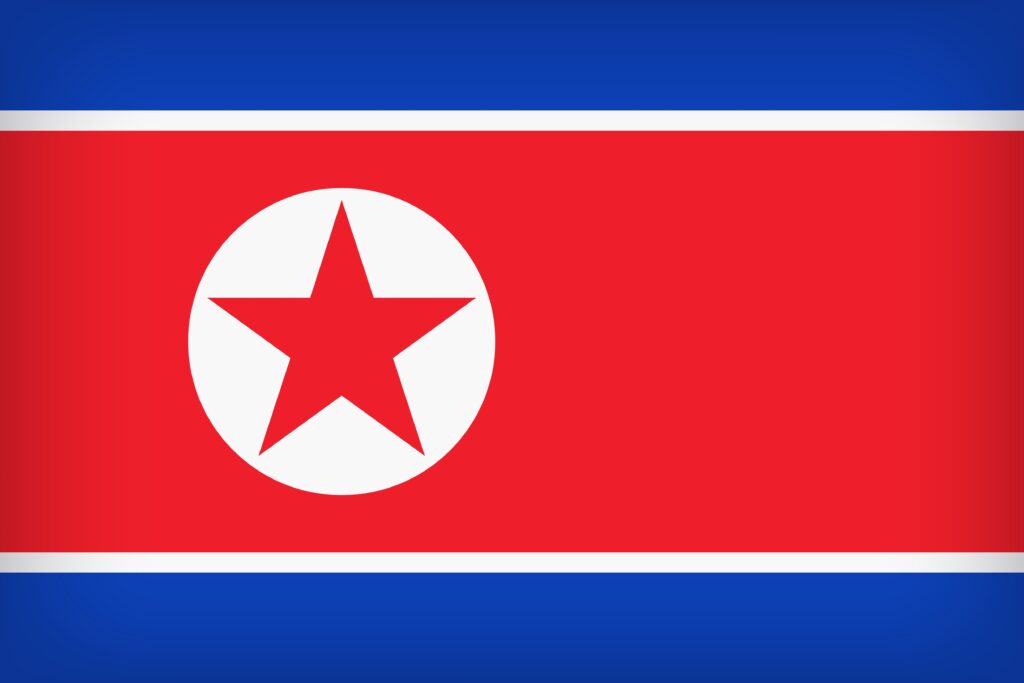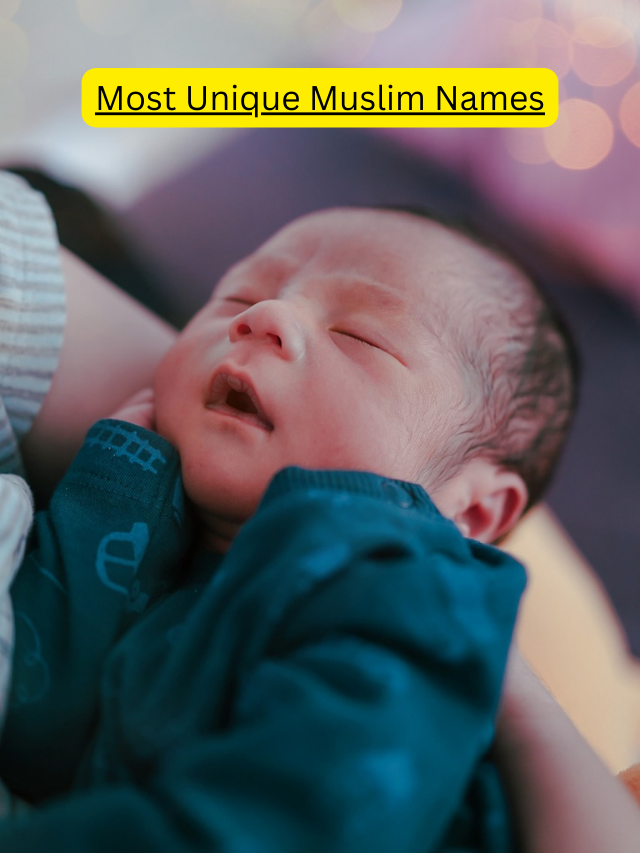North Korea is one of the most enigmatic and isolated countries in the world, often shrouded in mystery and controversy. Officially known as the Democratic People’s Republic of Korea (DPRK), it has a rich history, a unique political system, and a complex relationship with the international community. This article delves into the history, culture, politics, and current state of North Korea, shedding light on a nation that is often misunderstood.

A Brief History
The history of North Korea is deeply intertwined with the broader context of Korean history. Following Japan’s occupation of Korea from 1910 to 1945, the Korean Peninsula was liberated at the end of World War II. However, this liberation was short-lived, as Korea was divided along the 38th parallel into two zones of occupation—Soviet in the North and American in the South.
In 1948, the Democratic People’s Republic of Korea was established in the North under Kim Il-sung, while the Republic of Korea (South Korea) was established in the South. Tensions escalated, culminating in the Korean War (1950-1953), which ended in a stalemate and an armistice agreement but not a peace treaty. The division remains to this day, creating a legacy of animosity and suspicion.
Political System
North Korea is known for its authoritarian regime, characterized by a single-party system led by the Workers’ Party of Korea. Kim Il-sung, the country’s founder, established a cult of personality that has persisted through successive leaders, including his son Kim Jong-il and his grandson Kim Jong-un. The leadership is marked by a centralized power structure that stifles dissent and controls almost every aspect of life.
The government employs an extensive propaganda apparatus to maintain the image of the ruling family and to promote its ideology of Juche, or self-reliance. This philosophy emphasizes national independence and prioritizes the state over individual rights. Citizens are subjected to strict censorship, with limited access to outside information, creating a society largely unaware of the global context beyond its borders.
Economy
The North Korean economy operates under a state-controlled model, which has led to chronic inefficiencies and shortages. The country is heavily reliant on agriculture, but natural disasters, mismanagement, and lack of modern technology have contributed to frequent food shortages. The government prioritizes military spending over the welfare of its citizens, leading to a dire humanitarian situation.
International sanctions, imposed due to North Korea’s nuclear weapons program and aggressive military posture, have further exacerbated economic challenges. The country faces widespread poverty, malnutrition, and inadequate healthcare. While there have been some attempts at economic reforms, the rigid control by the government limits significant progress.
Culture and Society
Despite its political repression, North Korea boasts a rich cultural heritage. Traditional Korean art, music, and dance are celebrated, and the government promotes cultural events as part of its propaganda efforts. Mass games, known as Arirang, showcase synchronized performances that highlight the achievements of the state and the leadership.
Education is highly emphasized, with a focus on ideological indoctrination. However, access to quality education is often limited by social class and political loyalty. The elite receive better opportunities, while the majority of the population endures a more challenging existence.
Religious practices are heavily suppressed, with the state promoting a quasi-religious devotion to the Kim family. Most religious institutions were dismantled after the Korean War, and those who practice faith face severe persecution.
Human Rights Issues
North Korea is frequently criticized for its human rights record. Reports from defectors and human rights organizations reveal a landscape of severe repression, including arbitrary detention, forced labor camps, and torture. The government employs brutal methods to maintain control and punish dissent, creating a climate of fear among the population.
Defectors who escape to South Korea often recount harrowing tales of their experiences in North Korea, highlighting the stark contrast between life in the North and the South. The lack of freedom and basic human rights is a pressing concern that garners international attention.
International Relations
North Korea’s relationships with other countries are complex and often contentious. The regime’s nuclear weapons program has been a focal point of international diplomacy and conflict. Efforts to negotiate denuclearization have been met with mixed results, leading to a cycle of provocations and responses.
The relationship with South Korea remains fraught, characterized by occasional diplomatic engagements but also military tensions. The United States has played a significant role in shaping the dynamics on the Korean Peninsula, oscillating between sanctions, military presence, and diplomatic outreach.
China remains North Korea’s closest ally, providing essential economic support, but even this relationship is strained at times. As the geopolitical landscape shifts, North Korea’s future remains uncertain.
Conclusion:
North Korea is a nation defined by its unique history, authoritarian governance, and complex societal dynamics. While it is often portrayed in stark terms of oppression and isolation, the reality is multifaceted. The struggles of its people, the resilience of its culture, and the ongoing geopolitical challenges paint a picture that is as intricate as it is troubling. Understanding North Korea requires an appreciation of its historical context and the forces that shape its present. As the world continues to grapple with the implications of the North Korean regime, the hope for a more peaceful and open future remains a distant yet vital aspiration.

























